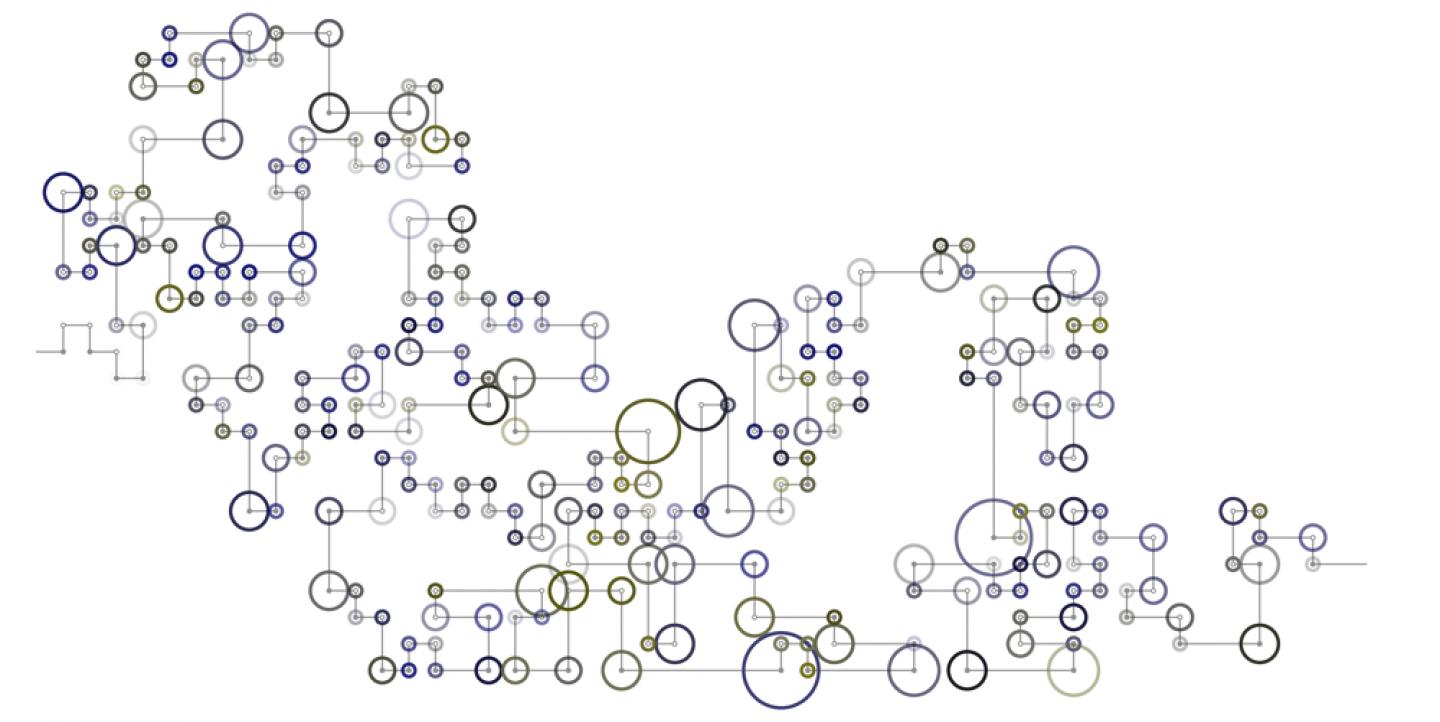A University of Maryland professor examines the inner workings of algorithms, The Washington Post begins to encrypt its website and more in this week's Digital Media Mash Up, produced by the Center for International Media Assistance.
Algorithms, journalistic investigations and holding digital power accountable
Algorithms — a series of steps undertaken to solve a particular problem — are an integral element of our digital environment. Operating in search engines, personalized news systems, global financial markets, political campaigns and many more areas, algorithms hold ever-increasing power in society, as they steer decisions and make choices about what is or isn’t important. However, as algorithms become even more complex, concerns continue to grow over their lack of transparency.
How can the power of algorithms be understood and, when called for, controlled? (Journalist's Resource, 6/25)
Washington Post starts to automatically encrypt part of website for visitors
The Washington Post will begin encrypting parts of its website Tuesday, making it more difficult for hackers, government agencies and others to track the reading habits of people who visit the site.
The added security will immediately apply to The Post's homepage as well as stories on the site's national security page and the technology policy blog The Switch. The encryption will roll out to the rest of the site over the coming months. (The Washington Post, 6/30)
Why a mobile news startup couldn’t survive in a mobile news world
Circa is the latest casualty of a fragile digital news scene that is by no means immune to the risks facing startups in general. The mobile-native news app garnered a lot of attention when it launched in 2012 for its features that made it easier for people to follow a single news story over time. But it announced on Wednesday that it has been put on “indefinite hiatus” after running out of capital. (Pew Research Center, 6/25)
CIMA offers the Mash Up free via email. Sign up here.
Main image CC-licensed by Flickr via x6e38.


